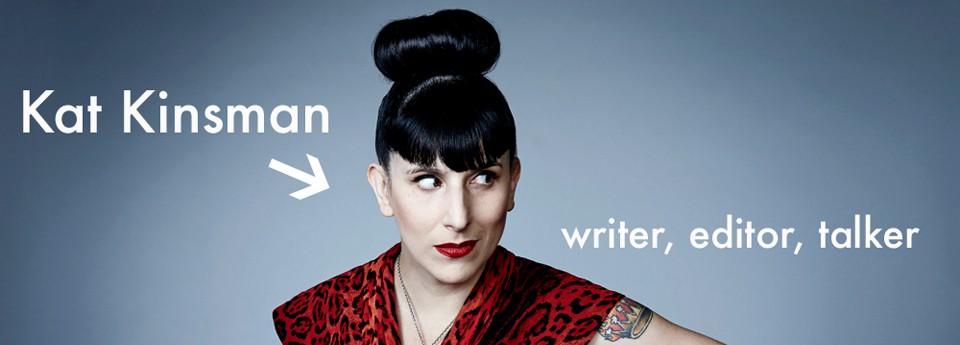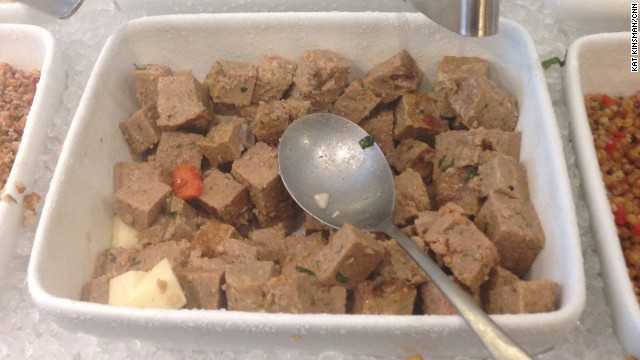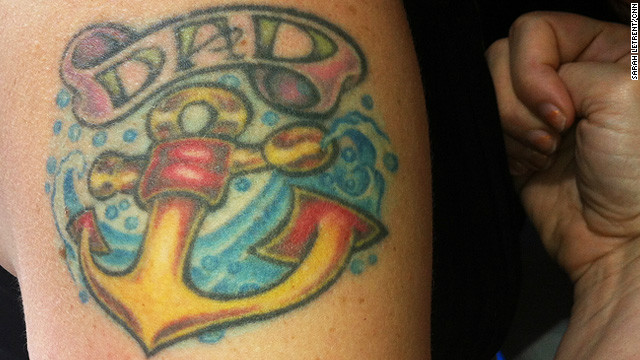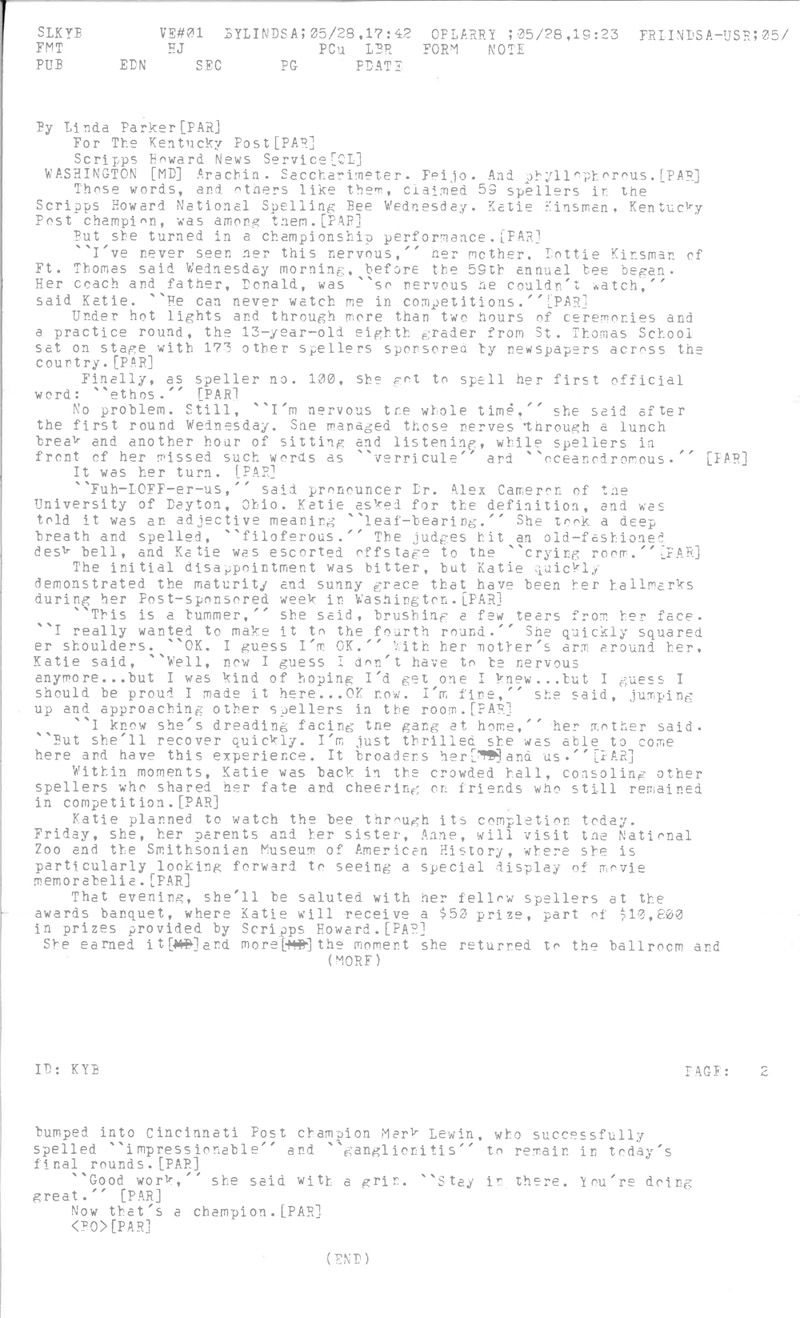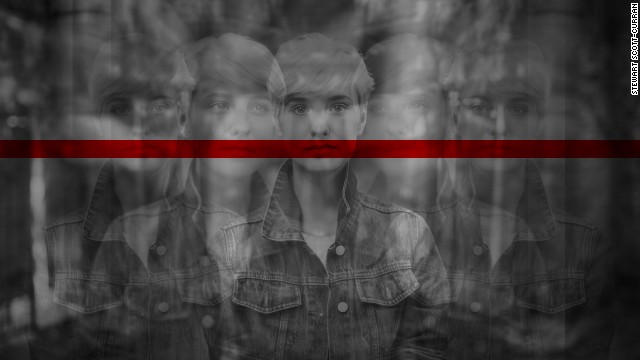People love pitting the New York Times’ Kim Severson and me against one another on the debate stage. At the Southern Foodways Alliance Symposium in Oxford, Mississippi last fall, the topic was Pie vs Cake (we tied). This time, at the Longhouse Food Revival, It was Oink vs Moo. We tied again.
Here’s what I said, after noting that it had been suggested to me that I could win just by saying the word “bacon,” and then reading the poem “Ode to Pork” by Kevin Young:
I have been as intimately involved with pig as a person can be without actually, you know, porking one.
In a barnyard about an hour from here, I stuck my hand into the slit-open, steaming belly of a pig I’d known since it was a little, bitty piglet and pulled his organs out one by one. I’d watched as this animal shuffled and snorted around his circular pen, snuffling with joy, eating whole, dinged-up zucchini, corncobs and table scraps.
He wallowed and oinked and farted a lot — happy as a pig in shit until the second his brother took a bullet between the eyes and a knife to his throat. My little — or at that point, full and fattily grown — friend snorted in fear at the crack of the rifle, then went back to chowing down on some overripe cucumbers, until the same fate befell him.
He went out happy, and you could taste it.
Continue reading
